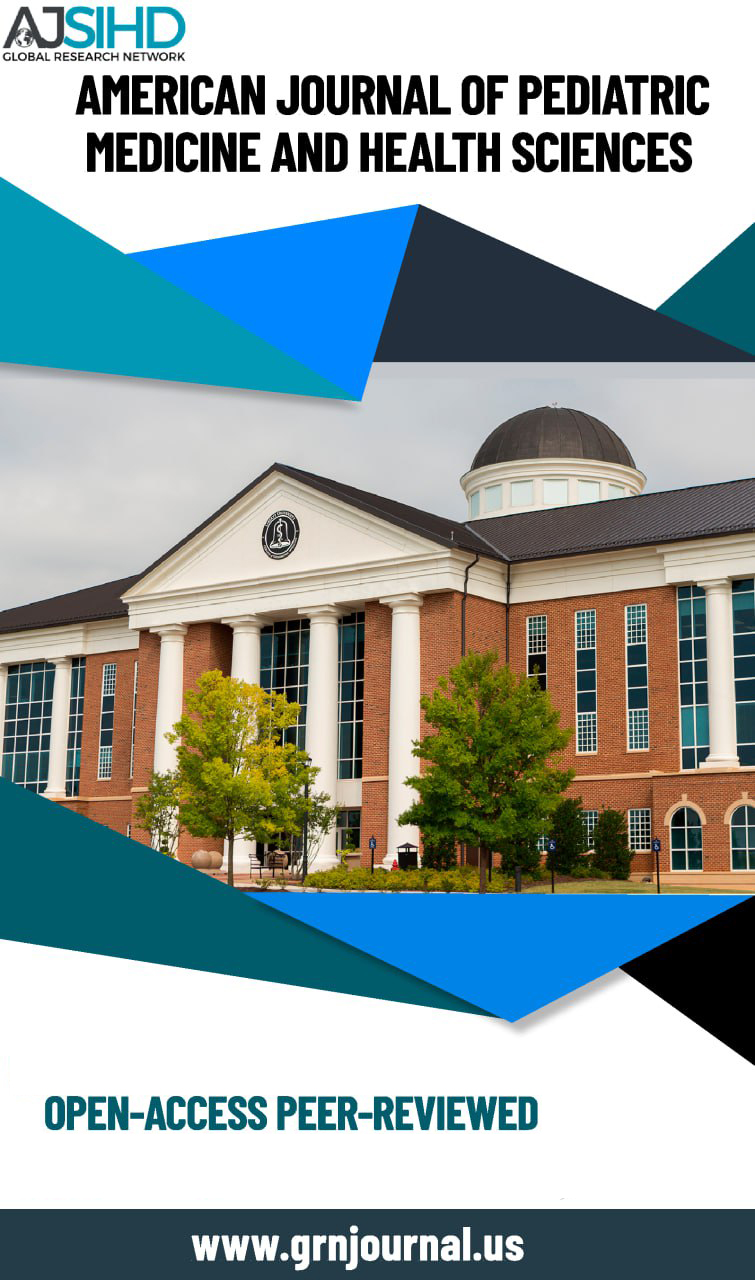Determinants of Postpartum Family Planning Service Uptake Among Women of Reproductive Age in Ona-Ara Local Government Area, Oyo State, Nigeria
Keywords:
postpartum family planning, women of childbearing age, awareness, utilization, spousal support, maternal health.Abstract
Introduction: This study investigates the knowledge, utilization, and acceptance of postpartum family planning services among women of childbearing age (WCBA). Postpartum family planning is crucial for enabling women to space births, thereby improving maternal and child health outcomes. Despite the known benefits, many women remain unaware of available family planning options or face barriers that prevent them from utilizing these services. Understanding the factors that influence the uptake of postpartum family planning is essential for designing effective interventions that can enhance service delivery and accessibility. By focusing on WCBA, this research aims to shed light on their specific needs and perspectives regarding family planning, which is vital for promoting informed reproductive choices and empowering women in their postpartum period.
The primary objective is to assess the level of awareness and the factors affecting the uptake of postpartum family planning methods among WCBA.
Method of Data Analysis: A cross-sectional survey was conducted involving 350 respondents, using descriptive statistics to analyze their awareness, experiences, and perceptions related to postpartum family planning services.
Results: The results indicate that 86.5% of participants received postpartum counseling, and 83.3% reported prior use of family planning methods. Currently, 70.6% are on some form of family planning, with hormonal methods at 38.2% and barrier methods at 40.4%. Key factors influencing acceptance included spousal support (56.3%), religious endorsement (57.1%), and the perceived availability of family planning commodities (65.9%). Additionally, 27% of respondents reported negative interactions with healthcare workers during family planning consultations.
Conclusion: The findings highlight significant awareness and utilization of postpartum family planning services among WCBA. However, barriers such as cultural beliefs, financial constraints, and inadequate counseling need to be addressed to improve service uptake. Targeted interventions are essential for enhancing the supportive environment for family planning, contributing to better maternal and child health outcomes.



